HYBRID SUPERCAPACITORS: Emerging As A Better Choice For Residential And Commercial Use
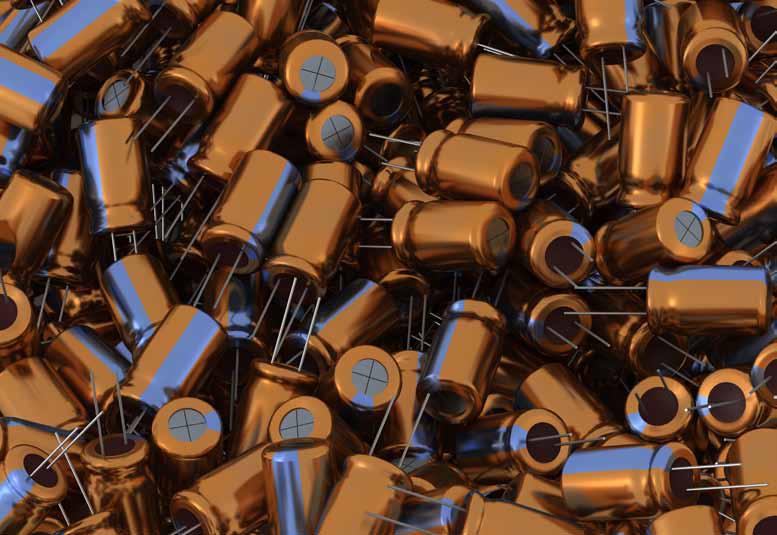
Capacitors are a basic yet very important component in electronics. Imagine them as tiny batteries inside almost every electronic device, made up simply of two metal plates that store electric charge. However, there is a more advanced version called a supercapacitor. Supercapacitors use a special carbon material on the metal plates, which allows them to store more electricity and release it very quickly. This makes them perfect for tasks where energy needs to be used or saved very quickly, such as in the brakes of an electric car.
Supercapacitors are great at what they do, but they can’t hold as much energy as a regular battery, so they are not used for driving the car long distances. Instead, they work alongside the battery, particularly when the car needs a quick burst of energy or needs to save energy quickly, such as when braking. This not only helps the car run efficiently but also keeps the battery in good condition by preventing overcharging.
Some companies are working on hybrid supercapacitors, which combine features from both batteries and supercapacitors. They are designed for larger tasks, like storing energy in homes or for cellphone towers. This type of capacitor can handle a lot of energy and release it slowly over time, which is perfect for using solar or wind energy even when the sun isn’t shining or the wind isn’t blowing.
These hybrid systems are especially useful because they last a long time, they are safe, and they help reduce energy costs. They can shift energy usage to times when it is cheaper, and by doing so, they also help reduce the strain on energy grids. This not only saves money but is also better for the environment, as it helps cut down on greenhouse gas emissions.
Supercapacitors beat batteries
この記事は Electronics For You の July 2024 版に掲載されています。
7 日間の Magzter GOLD 無料トライアルを開始して、何千もの厳選されたプレミアム ストーリー、9,500 以上の雑誌や新聞にアクセスしてください。
すでに購読者です ? サインイン
この記事は Electronics For You の July 2024 版に掲載されています。
7 日間の Magzter GOLD 無料トライアルを開始して、何千もの厳選されたプレミアム ストーリー、9,500 以上の雑誌や新聞にアクセスしてください。
すでに購読者です? サインイン

Is India's FAB VISION On Track Despite RECENT SETBACKS?
Paused, not derailed—experts see the Adani and Zoho exits as distinct but strategic, not setbacks. Rather than failure, they signal a pivot: India’s chip drive now hinges on design depth and delivering existing models.
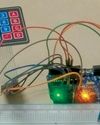
Arduino-Based Dual-Mode SCIENTIFIC CALCULATOR
This Arduino-based dual-mode scientific calculator is a versatile and efficient tool for both basic and advanced calculations.
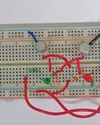
Low-Cost Educational MUSICAL INSTRUMENT
This musical instrument, organ, is a simple yet engaging electronic device designed to introduce kids to sound, light, and music in a fun and interactive way.
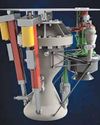
"ADVANCED LIQUID ROCKET ENGINES FOR SPACE AND DEFENCE APPLICATIONS BY THRUSTWORKS"
Pune-based Thrustworks designs liquid rocket engines and supplies propulsion systems for space and defence launch vehicles.

THE SILENT WATCHERS:
The Critical Importance Of Securing Satellite Communications
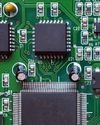
CHIPLETS Demystified
The semiconductor industry is betting on this emerging technology to hoodwink Moore's Law. Here are the basic details everyone should know about chiplets.
“Increasing Demand For ADVANCED INSPECTION TOOLS In Electronics, Automotive, And Medical Industries”
What is fuelling the surge in demand for advanced optical inspection and measurement systems? Which new features are being introduced to support evolving use cases? To explore these questions, Akanksha Sondhi Gaur from EFY spoke with Steve Sanderson of Vision Engineering.
Guide For Engineers To Create INNOVATIVE, MANUFACTURABLE PCBs
Designing a printed circuit board that works on paper is one thing, making it production-ready is the real test. How it performs across tools, teams, and real-world conditions is what turns a good design into a great product. Part 1 of this article was published in December 2024 issue of the magazine.
WI-FI SENSING: Smart Tracking With No Wearables, No Cameras, And No Privacy Worries!
What if your Wi-Fi could sense motion, track location, and detect actions—without cameras or wearables? CSI makes it possible, quietly and smartly.
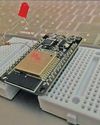
REMOTE CONTROL Over Internet
Switching a device on or off from anywhere in the world is no longer a futuristic concept—it is practical and achievable using a simple Wi-Fi-enabled setup. Whether activating a surveillance camera, an air-conditioner, or a garden sprinkler, remote control opens up endless possibilities limited only by the imagination.
